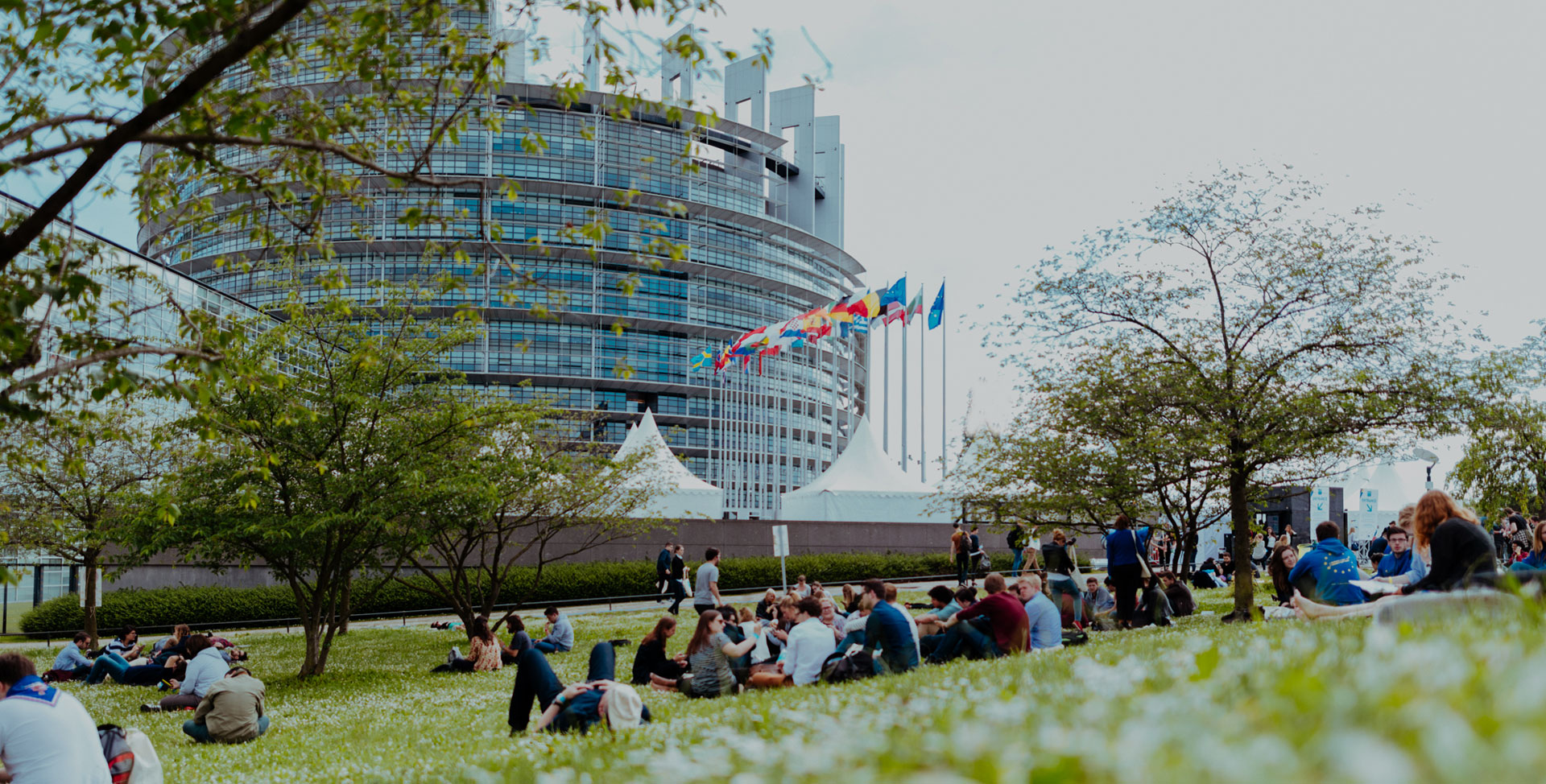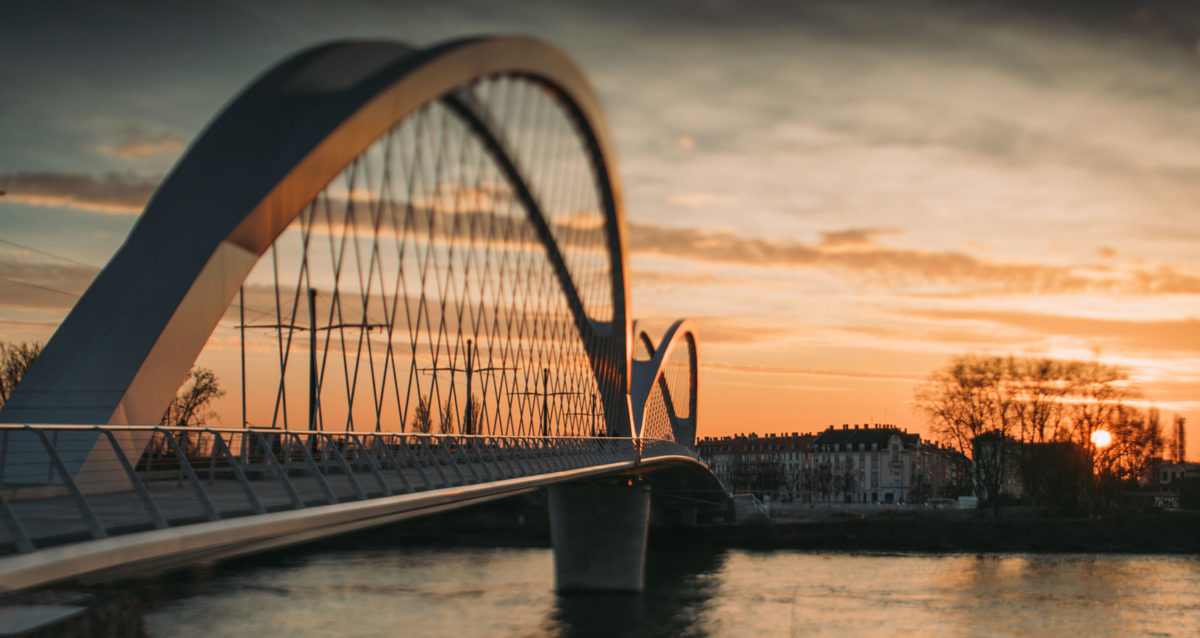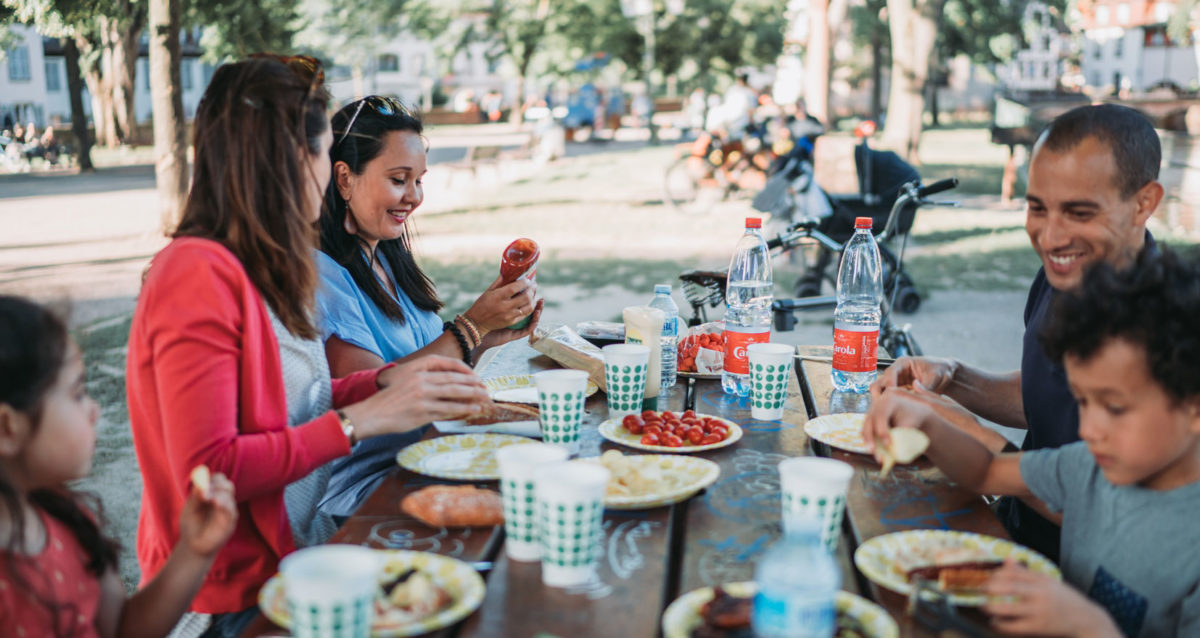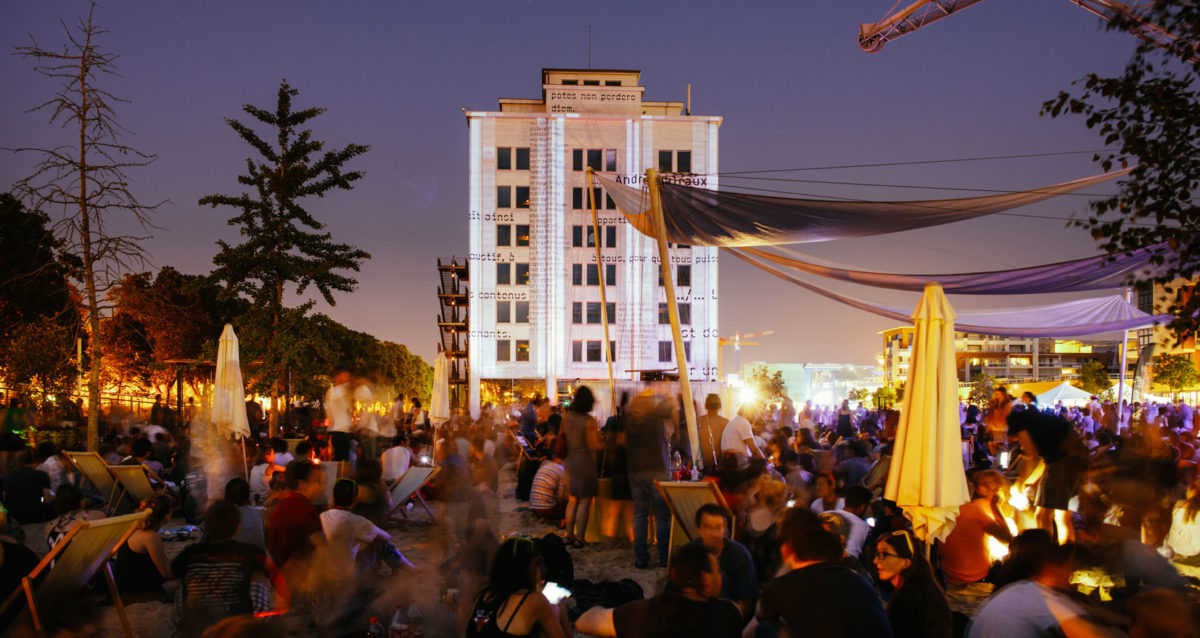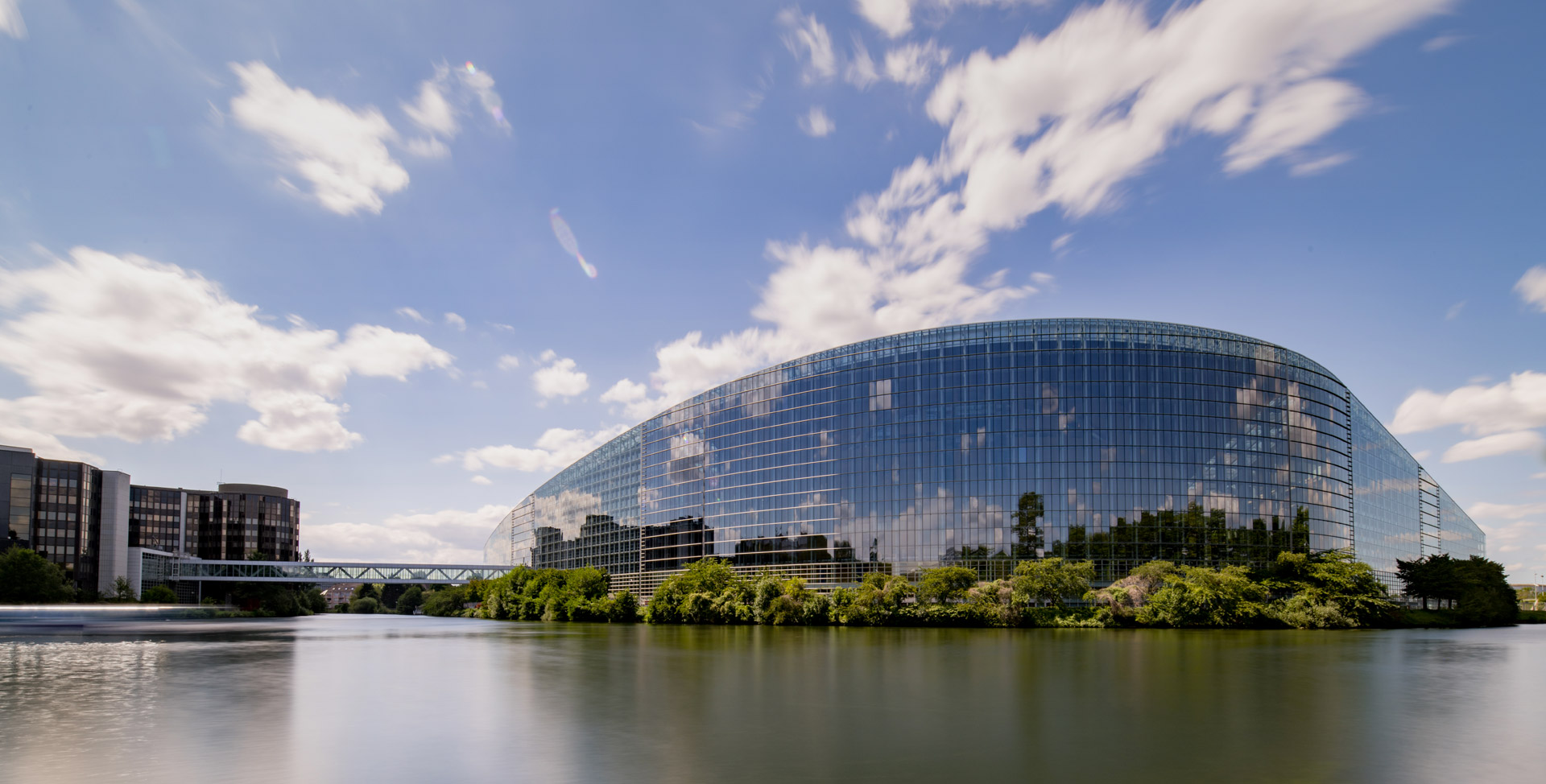Humane, European, welcoming, ecological and dynamic
Strasbourg shares its unique personality with its inhabitants. Behind the obvious things, such as its architecture, its outstanding sights (somebody mention a cathedral?) and its expanses of parkland, it’s the warmth of the Eurometropolis and its 33 municipalities that really hits the visitor. It’s all our researchers, students, entrepreneurs, businesses, artists, artisans and workers who typify the optimism which is part and parcel of the Strasbourg experience.
st ranked bike-friendly city in France
ha of parks and gardens
cultural events per year
Another way of living city wise
The best thing about the Eurometropolis must be its quality of life. Strasbourg has managed to keep its human dimension, underpinned by its values and convictions. Soft mobilities are at the forefront of the city’s efforts, especially with its extensive cycle tracks and tram system, an example which has since been taken up in many cities worldwide and which here crosses over into Germany. It is also immensely enjoyable to walk around Strasbourg and appreciate the outstanding architecture of the UNESCO World-Heritage-listed districts of Grande Île and Neustadt. Nature occupies an important position in the city, with its parks, its allotments and the zero pesticide and neighbourhood composting programmes. And if you want to get out of the city, the world-famous wine route and the Vosges mountains are just a short train-ride away.
1,100 destinations are under 2 hours away!
The culture of living and acting together
Choucroute has long been a symbol of regional cooking. This is no cliché, because if you look closer at it, a good choucroute, placed in the middle of the table, is a reflection of all the region’s warmth, sense of sharing and love for life. The stammtisch tradition is a key part of Strasbourg social life. It means getting together round a table to chat, to exchange views and to enjoy each other’s company. The city showcases its many cultures through a rich, varied and committed cultural programme which reaches out to its inhabitants with open arms. New housing developments and urban projects are designed to encourage social interaction, while the renovation of the old Manufacture des Tabacs and the La Coop sites will pay tribute to the cooperative spirit which reverberates throughout the city.
NB: there are many outstanding restaurants in Strasbourg, and they don’t just serve choucroute! We already have some 30 Michelin-starred restaurants in and around the city and dozens of new addresses opening every year. The Crocodile, a genuine Strasbourg institution, was voted the world’s best restaurant for fine dining by TripAdvisor. We love choucroute and pretzels, but there’s a lot else here!
Thinking, cooperating, making
Nobel prize winners working in the city
Grandes écoles
Students
Researchers
With 4 competitiveness clusters, an Innovation Park, 4 Nobel prize winners working in the city, a European campus of medical technologies, 60,000 students, 14 grandes écoles and 15,000 researchers, Strasbourg is a major hub and supporter of innovation.
Examples include the French #HealthTech label, underscoring the area’s strength in healthcare, medicine and biotechnologies and the Strasbourg Eco 2030 programme, one of whose aims is to create 500 start-ups by 2030. It’s a fact that in the Eurometropolis, we are firm believers in the virtues of cross-disciplinary cooperation.
At a time when consumption is under pressure to change its direction, Strasbourg is a driving force for the social and solidarity economy. This is a thriving, innovation-led sector which accounts for some 10% of the enterprises and 11% of jobs in eastern France.
A citizens’ Europe, it’s here!
It’s impossible to talk about Strasbourg without mentioning its European district. The city is home to some 70 European and international institutions and its humanist visions is underpinned by the large number of major issues debated here. Strasbourg is also a supporter and centre for the discussion of key social topics, such as human rights, gender equality and bioethics, subjects which are enthusiastically embraced by its citizens. Local democracy is also a fundamental part of the city’s life – the local authority is a firm supporter of more horizontal and bottom-up forms of governance, based on dialogue and co-construction.
